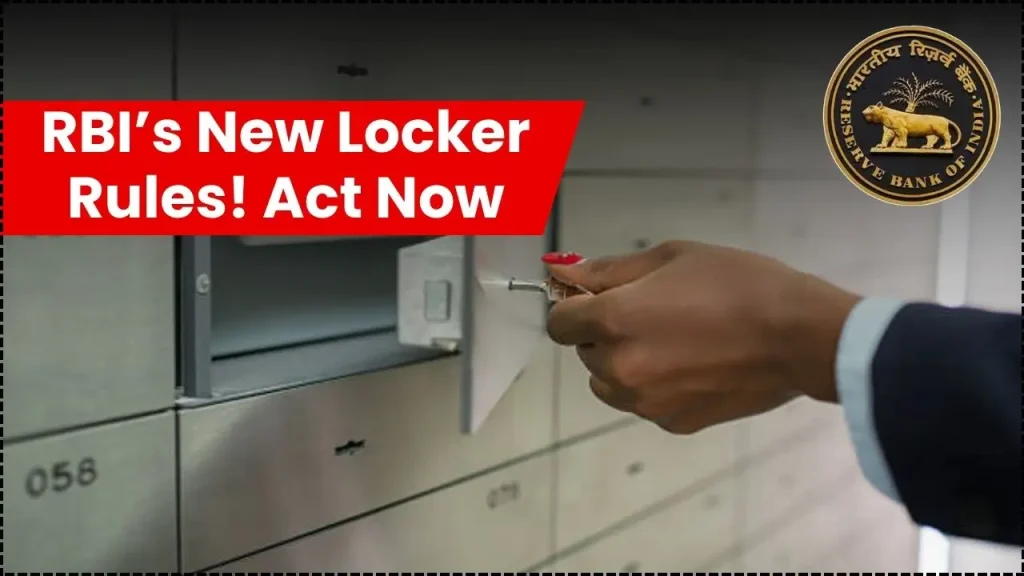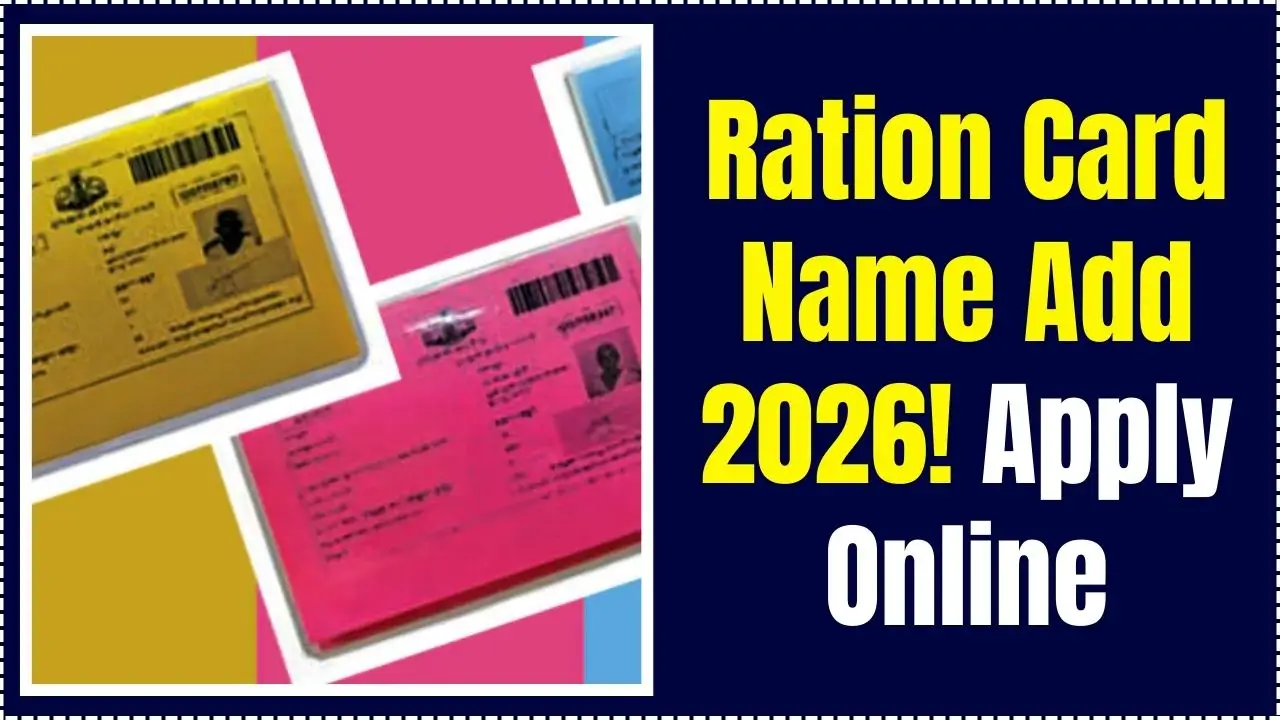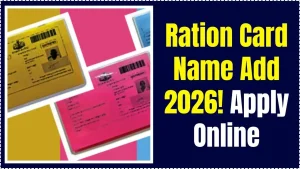Bank locker users have entered a new era of accountability, safety, and clarity. RBI’s updated framework brings stricter agreements, clearer compensation, tighter surveillance, and a strong push for nomination so your family isn’t stuck in limbo if something happens. If you use a bank locker, here’s the bottom line: sign the revised agreement, keep your KYC and contact details updated, enable alerts, know what you’re allowed to store, and understand when the bank is liable and when it isn’t. If you’ve been putting off paperwork or assuming the old rules still apply, this is the moment to catch up. The new bank locker regime standardizes how banks manage lockers and how customers should use them. You’ll see stronger access controls, CCTV with retention, and alerts whenever a locker is accessed. On your side, you’re expected to follow a cleaner, clearer contract, keep a nominee on file, and stick to the list of permitted items.

The new RBI locker rules require every locker holder to execute a revised locker agreement, avoid prohibited items, maintain current KYC and contact details, and use nomination or a recorded opt-out to ensure smooth claim processing for heirs. Banks must maintain surveillance in locker areas, retain footage for a stipulated period, tighten access with stronger authentication, and handle liability claims for negligence with a defined compensation cap linked to the locker’s annual rent. Together, these changes raise the bar for safety and accountability while making the process more uniform across branches and banks. The goal is simple: reduce disputes, improve traceability, and speed up settlements when things go wrong.
Bank Locker Users Beware
| Key Area | What Changed |
|---|---|
| Revised Locker Agreement | Standard agreement for all customers; banks to assist with stamping/e-execution and provide a signed copy |
| Liability And Compensation | Defined cap up to 100x annual rent for losses due to bank negligence; exclusions for force majeure and customer negligence clarified |
| Access And Surveillance | Stronger authentication, biometric in many branches, continuous CCTV, and real-time access alerts |
| Prohibited Items | No cash hoards, arms, explosives, hazardous or perishable/illegal items; lockers are for lawful valuables |
| Break-Open Conditions | Allowed after prolonged non-payment or suspected misuse, with due process and inventory |
| Nomination And Survivorship | Clearer nomination facility and opt-out, enabling faster claim settlement for heirs |
The updated locker framework is designed to protect both sides: banks get standardized processes and better security; customers get clearer rights, defined liability, and faster claims provided they keep their end of the bargain. Treat the revised agreement as your roadmap. Keep your nominee updated, monitor access alerts, and store only what’s allowed. With those habits in place, you’ll be aligned with the new system and far better protected if the unexpected happens.
Why This Matters Now
For years, locker users faced ambiguity around liability, ad-hoc agreements, and inconsistent security. The updated system fixes those gaps with standardized contracts, specified exclusions, and defined compensation when negligence is proven. It also reduces the chances of unauthorized access by pairing surveillance with access alerts. On the family side, stronger nomination processes remove bottlenecks during claims, making it easier for survivors to access contents without a long legal struggle.
The Revised Agreement: What To Check
- Liability and exclusions: The compensation cap is tied to your locker rent, not the market value of what you store. This is designed to provide a predictable remedy for negligence while discouraging inflated claims.
- Permitted use: Only lawful, legitimate possessions are allowed. Prohibited categories are called out explicitly. Breaches can lead to termination and potential legal action.
- Process clarity: The agreement should lay out rent, non-operation clauses, break-open steps, and how claims are handled. Make sure survivorship and nomination details are correctly recorded.
- Execution mechanics: Banks should facilitate e-stamping or franking and give you a copy of the signed agreement. Keep it with rent receipts and any access alerts.
What You Can and Cannot Store After New Locker Rule System
Think valuables and legal documents: jewellery, property papers, bonds, wills, and similar items. Don’t treat a locker like a hidden cash vault storing cash is restricted or disallowed under updated norms and is practically unwise for documentation and tax reasons. Items that are obviously dangerous, illegal, perishable, or likely to cause nuisance arms, explosives, chemicals, drugs are out of bounds. If you’re ever unsure, ask your branch before placing something in your locker.
Security And Traceability
Expect better infrastructure: a properly secured vault room with single-point entry, comprehensive CCTV, and minimum footage retention so there’s an auditable trail. Many branches are adding biometric authentication backed by time-stamped logs of ingress and egress. You should ensure your mobile number and email are correct so access alerts reach you in real time. If an unfamiliar alert pops up, contact your branch immediately and get it checked against the access log.
Liability, Claims, And Exclusions
Here’s the practical interpretation of the compensation rule: if a bank’s negligence or staff misconduct leads to loss, compensation can be up to 100 times the annual locker rent. That’s a ceiling, not an automatic payout. Establishing negligence matters, so keep your paperwork locker agreement, rent receipts, access alerts, and any complaint correspondences. On the flip side, the bank isn’t liable for force majeure events like floods, riots, or other natural disasters, nor for losses stemming from the customer’s own negligence, such as sharing keys or ignoring alerts.
Break-Open and Non-Operation
Banks can break open a locker after prolonged non-payment or credible suspicion of illegal use, but they must follow due process, including notices and a documented inventory of contents. To avoid any risk here, pay your rent on time, operate the locker periodically, and keep communication lines open if you’re traveling or unable to visit. If you receive a notice, respond promptly and in writing.
Nomination And Survivorship
Make sure a nominee is on record, especially for single-holder lockers, and double-check survivorship clauses for joint lockers. The aim is faster settlement for families without drawn-out court procedures. If you prefer not to have a nominee, provide a written opt-out as permitted, but understand it can slow down claims for your heirs. Periodically review nominations to reflect life changes marriage, divorce, new dependents, or updated estate plans.
Action Checklist for Locker Users
- Sign the revised locker agreement and keep a copy.
- Update KYC and ensure your mobile and email are current.
- Enable and monitor SMS/email alerts for locker access.
- Add or verify a nominee; record an opt-out only if you fully understand the implications.
- Store only lawful valuables; do not keep cash hoards or prohibited items.
- Pay rent on time and operate the locker periodically.
- Maintain a simple record kit: agreement copy, rent receipts, access alerts, and any correspondence with the bank.
Common Pitfalls to Avoid
- Ignoring the updated agreement: Not signing can disrupt access and complicate claims.
- Storing cash or prohibited items: Beyond policy violations, it creates evidence and tax risks you don’t want.
- Outdated contact details: Alerts won’t reach you if your mobile or email is wrong; that undermines your protection.
- No nominee on file: Heirs may face delays and documentation hurdles that a nomination could minimize.
- Poor documentation: If something goes wrong, having proof of alerts, rent payments, and communications can make or break your claim.
Government Announces Higher Pension Support for 2025 Beneficiaries- What You Should Know?
How To Choose the Right Locker Size and Bank
- Demand and waitlist: Some branches maintain transparent waitlists; ask for your waitlist number and typical turnaround times.
- Security standards: Prefer branches with modern vaults, biometric access, and robust CCTV retention.
- Agreement clarity: Read the clauses on liability, prohibited items, break-open, and claims; ask for clarifications in writing.
- Rent vs. value: Remember the liability cap is tied to rent; storing very high-value items might warrant splitting storage or using additional insurance coverage outside the locker arrangement.
- Access proximity: Choose a branch that you can visit easily to keep your locker “active” and respond to alerts or notices.
New RBI Locker Rules 2025 are more than a policy update they are a practical checklist for safer storage and faster dispute resolution. Under New RBI Locker Rules 2025, you must execute the revised agreement, verify your nominee, and enable alerts so there’s always a trail of who accessed your locker and when. Banks must maintain surveillance, tighten access controls, and accept liability for proven negligence up to a defined cap linked to annual rent. Your responsibility is equally clear: store only lawful valuables, keep KYC and contact details current, and pay rent on time. Follow these steps and you’ll stay compliant, protected, and confident about how your locker is managed.
FAQs on Bank Locker Users Beware
Can I keep cash in my bank locker?
Don’t treat a locker as a cash stash. Updated rules discourage or prohibit keeping cash, and it complicates documentation and claims. Stick to lawful valuables and essential documents.
What is the 100x rent compensation rule?
If a loss is proven to be due to bank negligence or staff misconduct, compensation can go up to 100 times the annual locker rent. It’s a cap, not a guaranteed payout, and proof of negligence is key.
Do I have to sign a new locker agreement?
Yes. Banks are standardizing agreements for all users. Make sure you sign, get a copy, and review clauses on liability, prohibited items, break-open procedures, and nominations.
What triggers break-open action by the bank?
Prolonged non-payment, credible suspicion of unlawful use, or defined non-operation triggers under your agreement. Banks must follow due process, issue notices, and inventory contents.
















